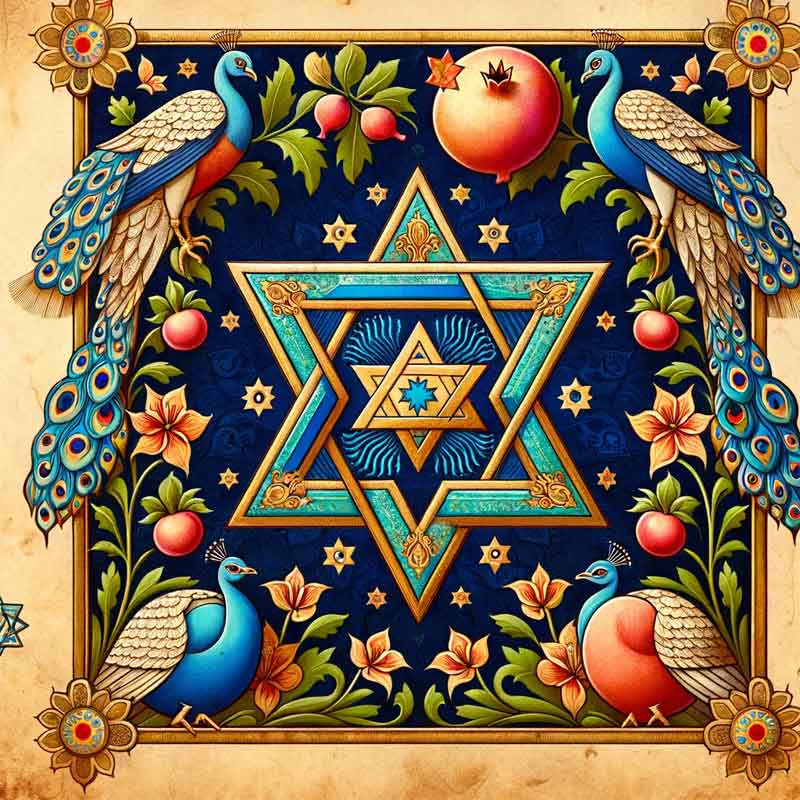Dear Rabbi Joshua,
I’ve always been curious about the traditions of Judaism, and I hope you can shed some light on a particular practice that I’ve heard about but don’t fully understand. Why do Jews circumcise? I’m interested in the religious significance of this ritual.
Warm regards,
Michael Anderson
The Covenant of Circumcision
Dear Michael,
Thank you for your thoughtful question. Circumcision, known in Hebrew as Brit Milah (ברית מילה), is one of the oldest practices in Judaism and is rich with spiritual significance and religious obligation. It is a commandment given by God to Abraham, the patriarch of the Jewish people, as a sign of an everlasting covenant between God and Israel (Genesis 17:10-14).
Brit Milah in the Torah
The practice is rooted in the Torah, where in Genesis 17:10-14, God commands Abraham: “This is My covenant, which you shall keep, between Me and you and your offspring after you: Every male among you shall be circumcised. … Thus shall My covenant be in your flesh for an everlasting covenant.” The act of circumcision is performed on the eighth day of a Jewish male’s life, barring any health issues that might delay the ceremony.
Physical and Spiritual Significance
Circumcision symbolizes several core concepts within Judaism:
- Identity: It is a physical mark of a Jewish male’s identity as part of the covenant with God.
- Connection: It represents a Jew’s connection to their ancestors and to the divine commandments.
- Commitment: Brit Milah is seen as a commitment to Jewish law (Halacha) and spirituality.
- Purification: The removal of the foreskin is sometimes seen as a symbolic act of purification, enhancing spiritual clarity and dedication.
Brit Milah Throughout Jewish History
Throughout centuries, Jews have observed this commandment even under the threat of persecution. It is one of the fundamental mitzvot (commandments) that has sustained the Jewish people and is a rite of passage for Jewish newborns, introducing them to their Jewish faith and community responsibilities.
The Ceremony of Brit Milah
The ceremony itself involves the circumcision and is typically followed by a celebratory meal, called a seudat mitzvah. A mohel, who is trained in both the surgical aspects and the Jewish laws pertaining to circumcision, performs the Brit Milah. The ceremony is imbued with prayers and blessings, emphasizing the joy and spiritual significance of entering the covenant.
Conclusion
Michael, Brit Milah is more than a physical act; it is a profound spiritual journey that begins at the dawn of a Jewish male’s life. It connects the physical body with a soul’s divine purpose, anchoring a Jewish child to his ancestors and to a future of living by the principles and teachings of Judaism.
May your pursuit of understanding lead you to deeper connections with the traditions and values that enrich our world.
With blessings,
Rabbi Joshua


